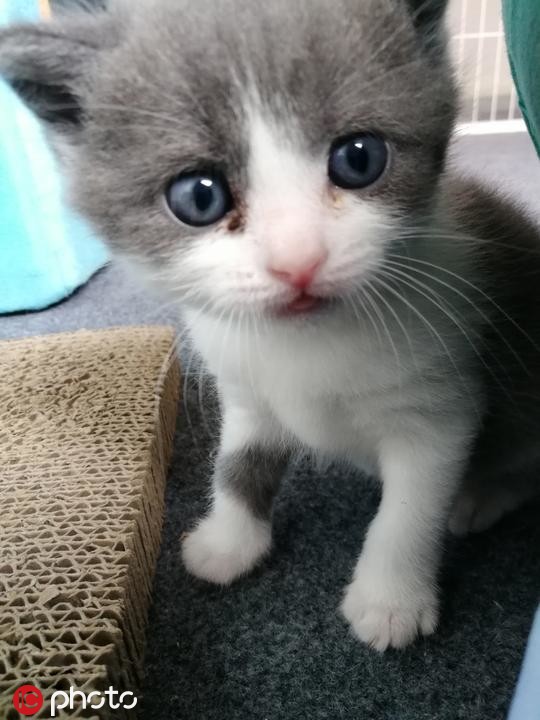Cloned cat brings real comfort to its owner


"I had already buried the cat by that time," Huang said. "Thanks to the cold weather in winter, the body was relatively well preserved."
He wrapped the exhumed cat's body in a wet towel and placed it in the refrigerator, as instructed by Sinogene. The next morning, the company extracted tissue beneath the skin of its thigh to retrieve cells for cloning.
Shi Zhensheng, a member of the Chinese Association of Animal Science and Veterinary Medicine, said cloning a cat was not easy.
"Cats are different from most animals as they cannot ovulate spontaneously, which adds to the difficulties during the cloning process," he said. "The cultivation of the cloned cat is one of the few successful cases in the world, marking a major step for China in this field."
Sinogene charges 250,000 yuan ($35,400) to clone a cat and 380,000 yuan for a dog.
"My family doesn't understand why I insisted on spending so much money on cloning a cat. But it provided me with a chance to ease my pain," Huang said, adding that he can't wait to take Dasuan home in October.
Zhao said Sinogene was interested in exploring the possibility of transferring memories to cloned pets if such technology ever became available.
- National Games vibe is everywhere in Guangzhou
- Forum unites global experts to enhance city image communication
- Miao New Year celebrations get underway in Guizhou's Leishan county
- Mainland spokesman reiterates stand on Taiwan
- Fujian county's rural development becomes a big draw for Taiwan investors
- Nobel laureate in chemistry: Give young scientists more independence




































